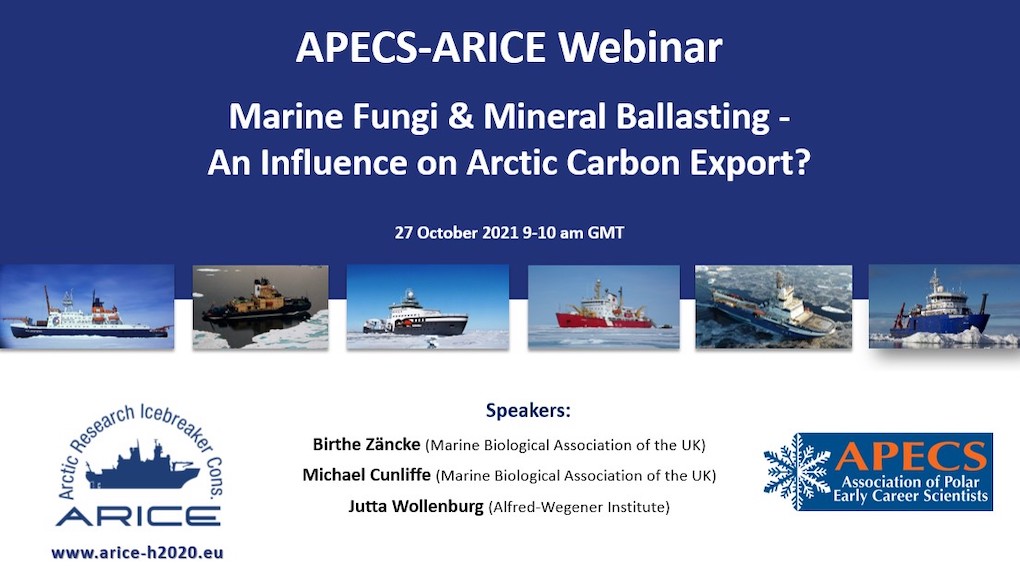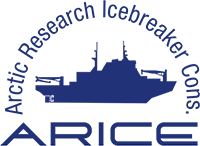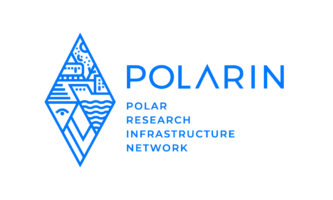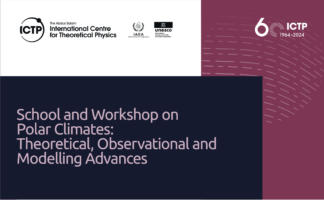27.10.2021, 9:00-10:00 GMT (11:00-12:00 CEST)

ARICE and APECS invite for a webinar on Marine Fungi & Mineral Ballasting – An Influence on Arctic Carbon Export? on 27 October 2021 from 09:00 – 10:00 am GMT (11:00-12:00 CEST).
Sea ice is a unique habitat for microbes and has been shown to host highly productive sea-ice algal communities. During growth, algae can exude polysaccharides that can aggregate and form TEP (Transparent Exopolymer Particles), sugar-rich particles that are attractive food sources for marine bacteria and fungi. But some marine fungi can also live as parasites, directly benefiting from attaching to the sea-ice algae. This in turn can influence how well the sea-ice algae grow and how many polysaccharides they can produce.
At certain temperatures, gypsum crystals can form in the sea ice and due to their weight sink rapidly in the water column when the ice starts melting. As TEP are inherently very sticky, they potentially also stick to gypsum and get ballasted, causing them to sink rapidly out of the water column and export the carbon from the polysaccharides.
The ARICE funded project ProMis (Production and export of phytoplankton-derived organic matter in the changing Arctic Ocean – Role of parasites, saprotrophs and mineral) onboard the research icebreaker IB Oden, aimed at characterizing the influence of fungi on TEP production and degradation and looking at the influence of gypsum on TEP-related carbon export. In this webinar we will give an overview of the scientific background and aims of the project as well as samples collected.
Speakers are Birthe Zäncker (Marine Biological Association of the UK), Michael Cunliffe (Marine Biological Association of the UK) and Jutta Wollenburg (Alfred-Wegener Institute)
Moderation: Franziska Pausch (ARICE, AWI & APECS)
To join the webinar, please register via this link and you will receive the link to the webinar afterwards.




